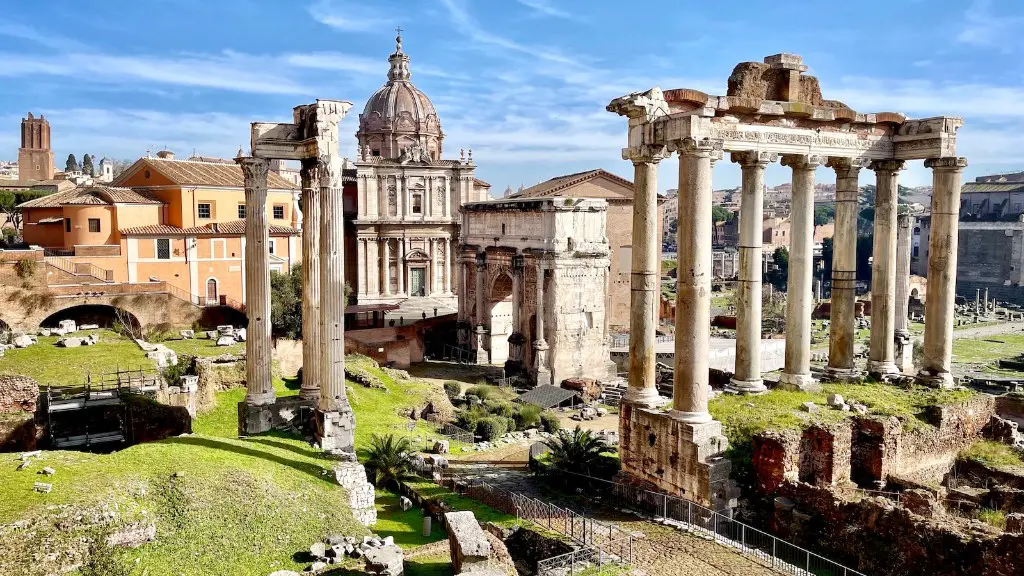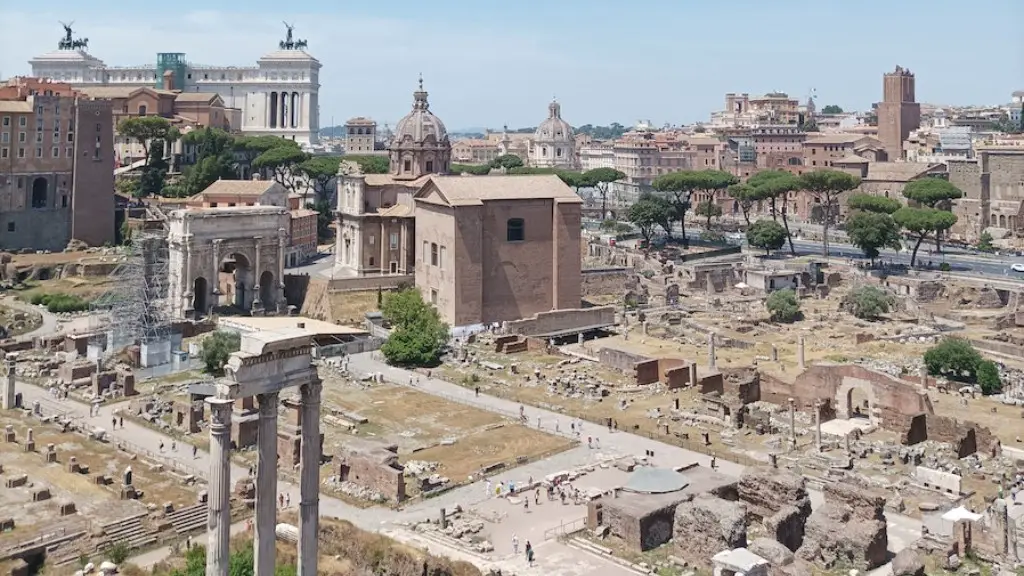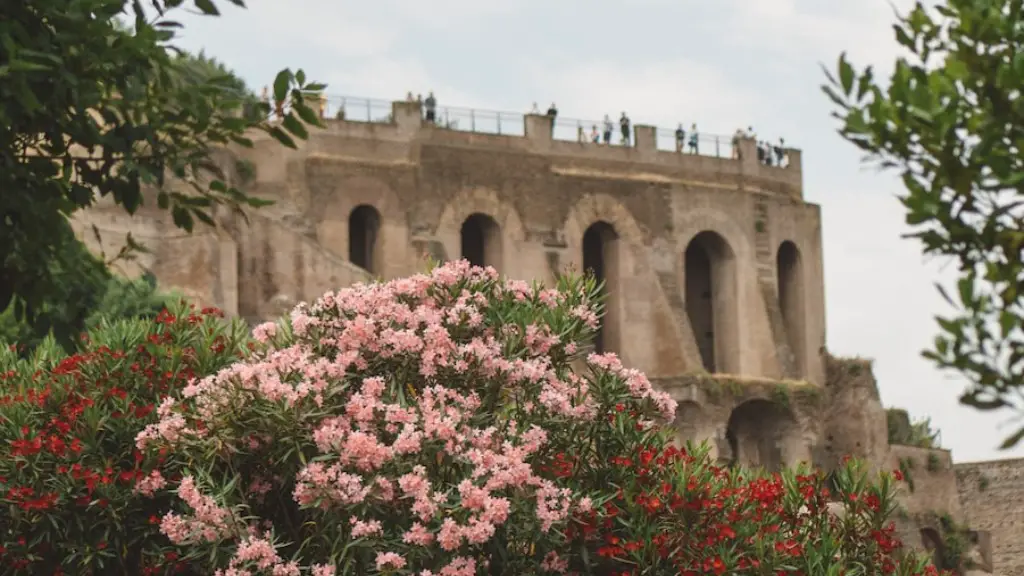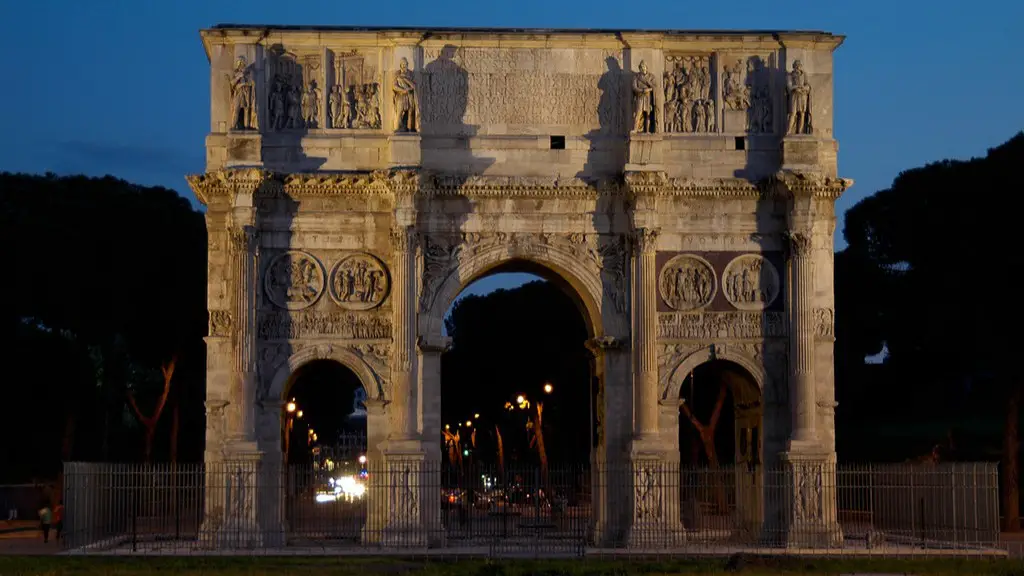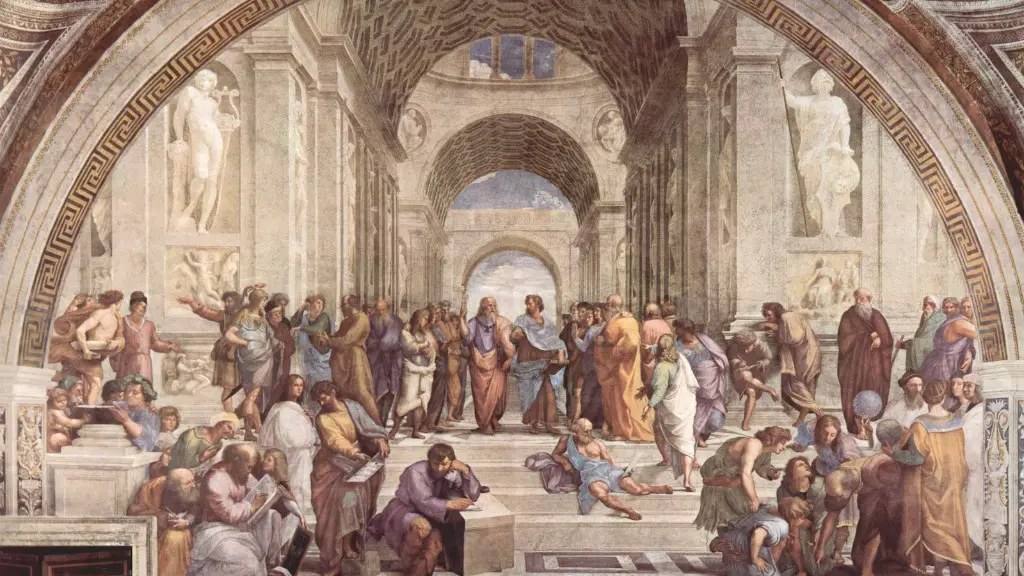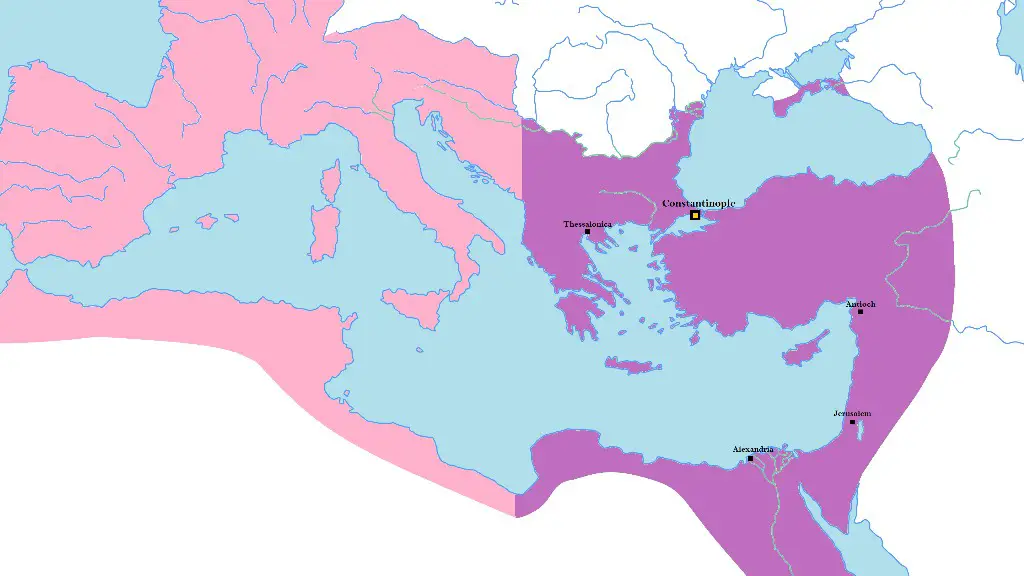Pietas was an ancient Roman concept of duty, devotion, or respect towards parents, elders, gods, and the state. It was often equated with the Greek concept of dikaiosyne.
In ancient Rome, pietas was a virtue that denoted a set of behaviours that were expected of an individual within the social and religious spheres. Specifically, pietas entailed respect for the gods, love of country, and a sense of familial duty.
What does the Latin word pietas mean?
Pietas is a Latin word for a dutiful sense of duty and responsibility, often related to one’s religious or spiritual beliefs. It can also refer to a love and loyalty for one’s family, country, or benefactors.
Pietas is a Latin term typically translated as “dutifulness”, “loyalty”, or “devotion”. It is a key concept in Roman culture, signifying the importance of maintaining one’s relationships with the gods, parents, elders, and the state.
Pietas goes beyond simple religious piety and includes the concepts of patriotism and devotion to others. It is rooted in the belief that there is a natural order to society, politics, and religion, and that it is our duty to uphold this order.
Pietas is an essential part of Roman identity, and it is something that we should all strive to emulate in our own lives.
What are pietas of Aeneas
Aeneas is the embodiment of Roman virtues. He is a dutiful servant of fate and of the gods, an exemplary leader of his people, and a devoted father and son. He demonstrates appropriate pietas—devotion to one’s family, country, and mission.
Piety/godliness came to entail the dutiful fulfilment of one’s obligations to one’s household, homeland, and gods by the beginning of the 1st century CE. This was a shift from the previous focus on personal piety and individual salvation. The new emphasis on social obligations meant that people had to be more mindful of their actions and how they impacted others. This change helped to create a more cohesive and harmonious society.
Why was pietas important to the Romans?
Pietas is an important virtue in Roman society. It is the virtue of duty, respect, and devotion. Pietas is what defines how a hero should act and how a god should behave.
Pietas is a Latin word typically translated as “piety”, “dutifulness”, or “respect”. Pietas was an important concept to the Romans, and it was often represented in art and literature. Pietas in a sentence would therefore mean something along the lines of “respect for one’s elders”, “filial duty”, or ” religious devotion”.
What is the most important symbol of ancient Rome?
The she-wolf is the main symbol of Rome and has been since ancient times. The Capitoline wolf is a replica of the original, which is thought to have been brought to Rome by the first king, Romulus. The she-wolf symbolizes the founding of Rome and the city’s power and strength.
Furor is an emotional state characterized by uncontrolled and irrational anger or rage. This can be contrasted with pietas, which is an emotional state characterized by loyalty, duty, and reverence. In the Aeneid, furor is often associated with the gods, who are often portrayed as lavish, vengeful, and capricious.
Is pietas a virtue
Pietas was one of the three original Roman virtues and it was a part of the ancestral custom. This virtue required a reciprocal dutiful and appropriate conduct between relatives, primarily between children and their parents. Pietas was a very important virtue in Ancient Rome and it was one of the few virtues that was valued by all social classes.
In 1499, when Michelangelo was just 24 years old, he sculpted the first of his three Pietàs. This one is larger than life size and is kept in St. Peter’s Basilica in Rome. It is the only one of the three that Michelangelo finished. The other two are unfinished.
Where are the three pietas located?
The Oper del Duomo Museum is exhibiting the three pietàs by Michelangelo for the first time. These pietàs are the Virgin Mary mourning the dead body of Christ. They are on display together in the Tribune Room at the Opera del Duomo Museum (piazza Duomo 9).
The final book of the Aeneid culminates in a final act which epitomises the relationship between furor and pietas. Furor is rage, and pietas is duty to family, gods, and state. This relationship has been central to the entire epic.
What is Felicitas The God of
Felicitas was a popular Roman goddess who was associated with good luck. People would often build temples in her honor in order to seek her protection. Caesar was particularly protective of her and even planned to build another temple in her honor. This temple was eventually built by the triumvir M Aemilius Lepidus.
The Greeks called their land Hellas and themselves Hellenes. It was the Romans who called them Greeks- (Graeci) and that is the name by which we know them.
Where did the word piety originate?
Piety is a word that is often used to describe someone who is religious or has a strong belief in their faith. The word is actually derived from the French word “piete”, meaning piety or pity. The French word piete was in turn derived from Latin word “Pius” which meant kind or devoted. So, piety is ultimately a derivation of pious.
Pietas means a sense of duty and is demonstrated through devotion to the gods, ethics, morality, and one’s country and family. In The Aeneid, Virgil expresses pietas through the actions and behaviors of the main character, Aeneas. Aeneas demonstrates his sense of duty to the gods by remaining loyal to them, even when it is difficult, and by upholding their values. He also shows his pietas to his country by fighting for its survival and by trying to establish a new home for his people. Lastly, Aeneas’ sense of duty to his family is evident in his love for his son, Ascanius, and in his dedication to protecting him.
Final Words
Pietas was a Roman virtue that meant dutifulness and loyalty to one’s family, friends, and country.
Pietas was an ancient Roman virtue that meant a sense of duty, respect, and loyalty to one’s family, religious traditions, and the state. It was a key virtue in Ancient Rome that helped to maintain social order and keep people in their proper place in society.
